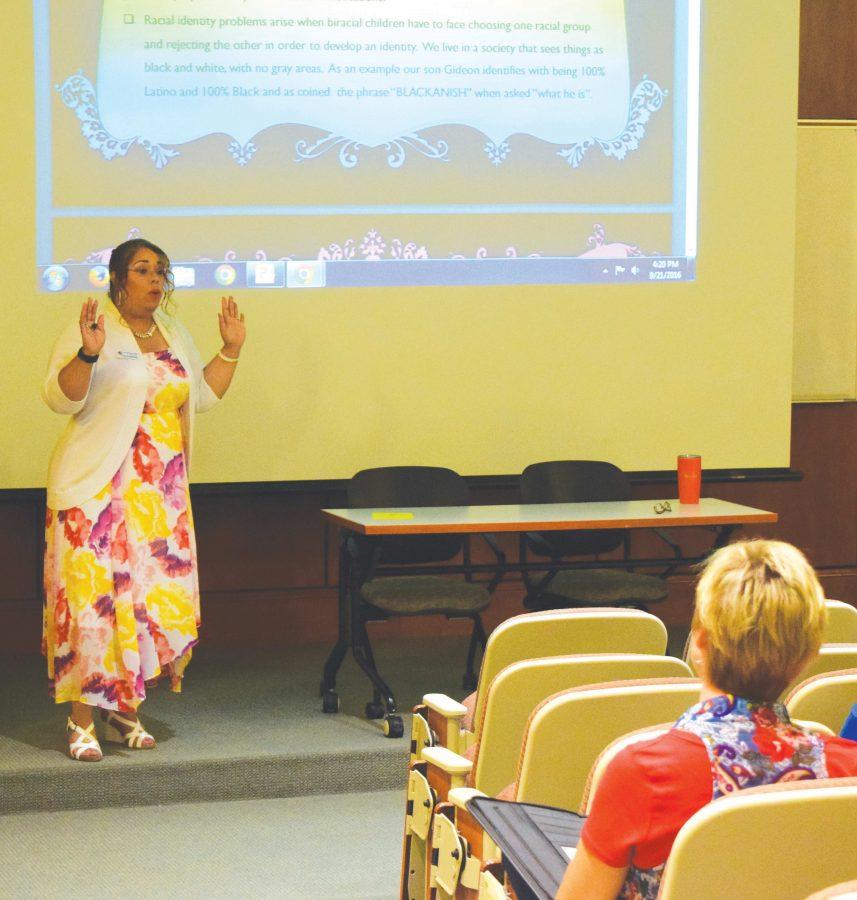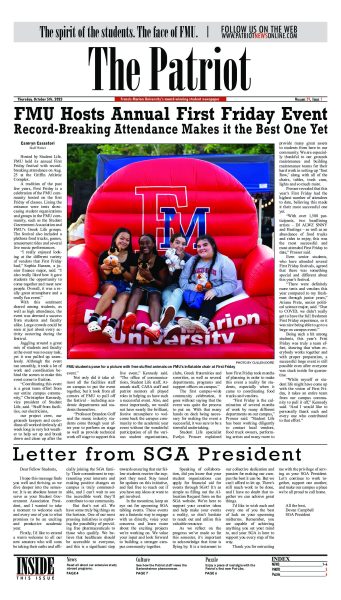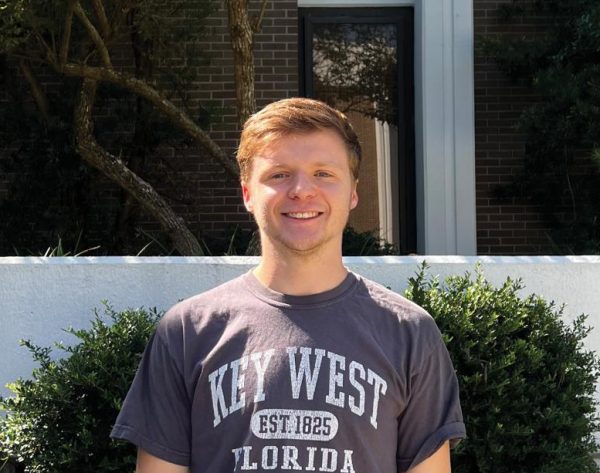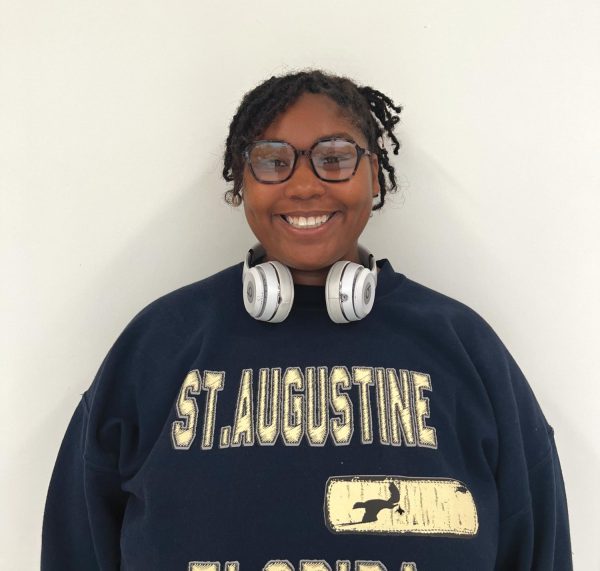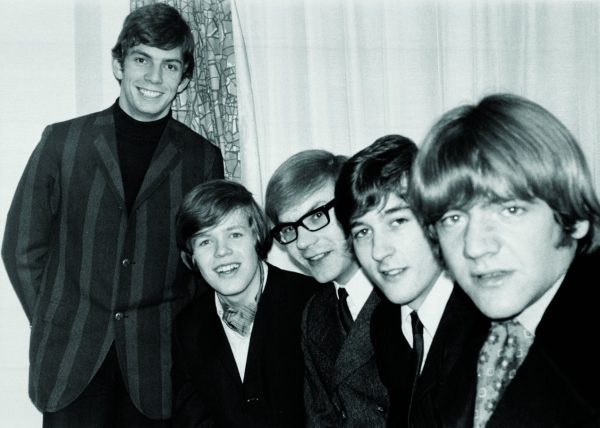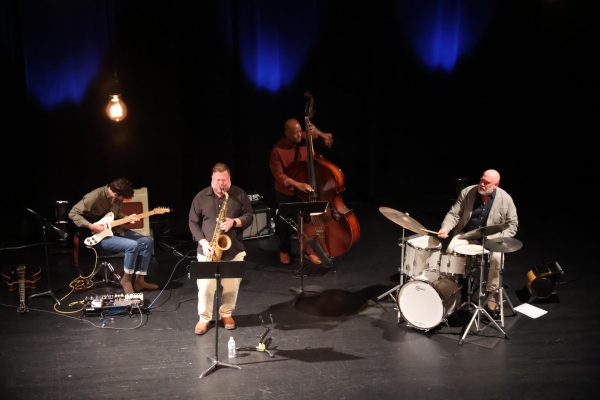Hispanic Heritage Month celebrates cultural unity
Nonprofit executive Tanya Rodriquez-Hodges spoke to FMU students, faculty and staff at the 2016 Hispanic Heritage Month Program about communicating well among a U.S. population that is a variety of cultures, heritages and traditions.
“We are all one,” Hodges said. “The time in which we can say we are different groups is over. The melting pot is a thing of the past.”
Hodges compared the U.S. to a bowl of soup filled with vegetables, sauce and liquid that has been simmering so long that all the flavors have mixed together.
“Maybe the shapes are different, maybe the color is different, but now the taste is all the same because its been simmering for so long that it’s one – a delicious bowl of soup,” Hodges said. “That’s what you guys are. You guys are taking us into the future.”
According to Hodges, there are common myths individuals believe about groups of people. For example, people might assume that all Hispanics are born outside of the U.S. Hodges said that according to the Pew Institute, more than seven out of 10 Hispanics are born in the U.S. She said it is important to remember that sometimes assumptions are not factual.
“We have to get away from those myths,” Hodges said. “If we don’t, we’ll never become a united people.”
According to Hodges, knowing a little about different cultures builds better relationships.
Also, Hodges said that in today’s society knowing how to relate to people from various cultures can also help in jobs such as marketing.
Hodges said that people could better understand other’s cultural and ethnic roots by asking them questions. Instead of just knowing that differences exist, she said questions help people understand why others act the way they do, and this brings mutual understanding.
During her presentation, Hodges practiced this technique by asking the audience questions and responding to their thoughts and observations.
Michelle Carter, junior mass communication major, said that Hodges’ lively, interactive presentation style made the Hispanic Heritage Month event enjoyable.
“She made you a part of the presentation,” Carter said.
As students spoke with Hodges, they brainstormed ways to better understand others’ cultures and even their own heritage. Some ideas discussed were reading books about the heritage, learning a new language and attending culture festivals.
“Your core values have to be something that you are willing to express and willing to share,” Hodges said.
Carter said that her grandfather is Puerto Rican, and she would like to learn more about her Puerto Rican ancestry. Carter said the presentation also challenged her to be more understanding of other cultures.
“I liked the presentation and how she talked about biracial people and how America is more than a melting pot,” Carter said. “I want to learn about different cultures and be accepting and not just judge someone based on color.”
In addition to making an effort to converse with people of different backgrounds, Hodges said that it is important for people to be involved in their community by doing things like volunteer work and being involved in the political process. She said this also helps with understanding others.
Hodges is the executive director of Latino Communications Community Development Corporation. The nonprofit’s mission is to, “Bridge the gap between and remove barriers created by language, culture and economic differences.” The organization is based in Columbia, S.C.
The Office of Multicultural Affairs and the Multicultural Advisory Board sponsored the speech, “Latino Communications.”
The Multicultural Advisory Board and the Office of Multicultural Affairs will host their next event, a cultural food fest, from 12-2 p.m. on Oct. 23 in the Smith University Center.
